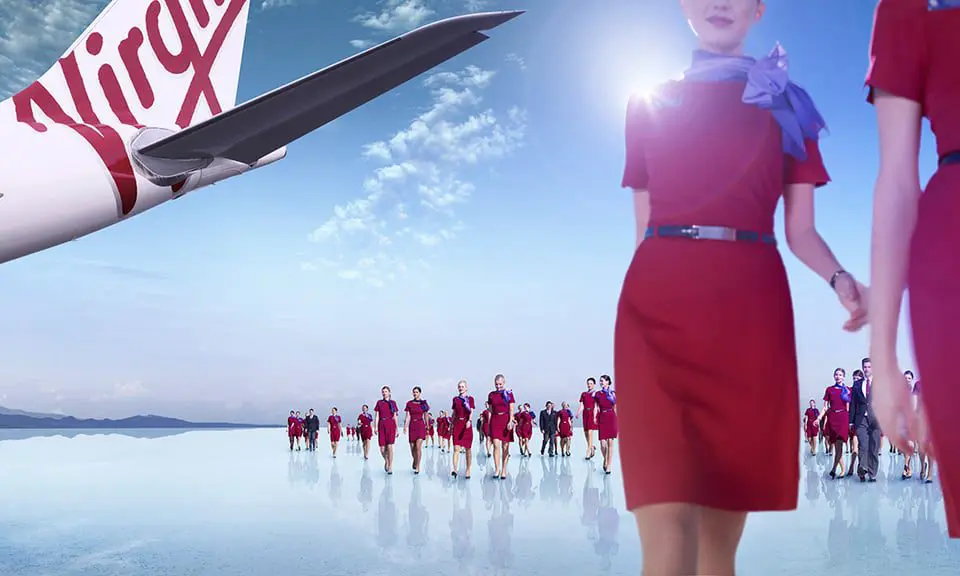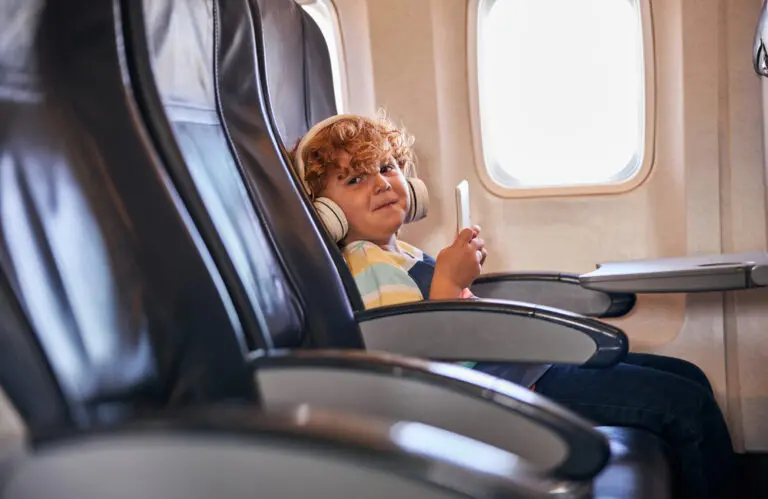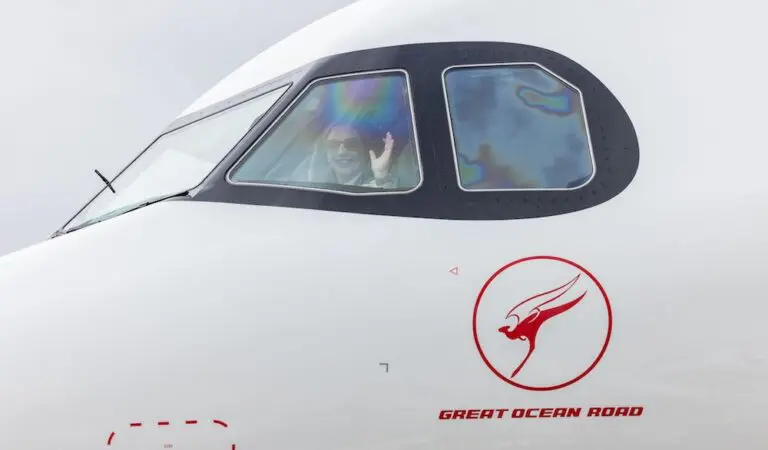“We need to make changes”, stressed Virgin Australia’s Group Chief Executive, after revealing the airline had suffered a $315 million statutory loss after tax during the 18/19 financial year.
Describing the drop in finances as “disappointing”, Virgin Australia’s Paul Scurrah said there was an urgent need for change, including a restructure in leadership and job cuts.
Read on for the full rundown:
HOW DID VIRGIN AUSTRALIA WRAP UP THE 18/19 FY?

In an ASX update, the airline reported an Underlying Loss Before Tax of $71.2 million and a statutory loss after tax of $315 million. This was over a 12 month period ending 30 June 2019.
It’s a huge drop for the Aussie airline, especially compared to the prior year when it experienced an Underlying Profit Before Tax of $64.4 million (that a $135.6 million decline).
On the domestic front, Earnings Before Interest and Tax (EBIT) sit at $133.4 million, down from $215.8 million during the prior 12 months, while domestic revenue increased by 6.3 percent to $3.9 billion, which was supported by yield growth of 4.1 percent.
Internationally, EBIT is at a loss of $75.6 million, which fell from $21.7 million during the previous corresponding period. This occurred despite a capacity growth of 13.7 percent that was driven mainly by the launch of new services, including Sydney-Hong Kong and new services across the Tasman.
Meanwhile, Virgin Australia’s budget offshoot, Tigerair, experienced an underlying EBIT loss of $45 million, down from a loss of $39.5 million during the corresponding prior period.
“While we have continued to grow revenue and have a strong loyal customer base, we need to make changes to our costs to ensure we see financial benefit from the growth in our business.”
Paul Scurrah, Virgin Australia Group Chief Executive & Managing Director
WHERE DOES VIRGIN AUSTRALIA THINK THE LOSS IS COMING FROM?

The carrier has attributed the loss to several reasons but made particular note of high fuel costs and a low Australian dollar (compared to the US dollar). The airline also noted that the $315.4 million statutory loss was impacted by $223.2 million in restructuring costs.
In the online statement, Virgin Australia said domestic operations were hit during the second half of the year by adverse market conditions, which affected the corporate and leisure sectors.
Tigerair’s loss was attributed to the $19.3 million put towards fuel and foreign exchange headwinds plus $11.6 million in increased depreciation costs from the fleet transition from A320 aircraft to Boeing 737s. Some $10.7 million is believed to have been impacted by industrial action.
“There is no doubt that we are operating in a tough economic climate with high fuel, a low Australian dollar,and subdued trading conditions.”
Paul Scurrah, Virgin Australia Group Chief Executive & Managing Director
WHAT CHANGES WILL THE GROUP MAKE TO REDUCE FUTURE LOSSES?

Prepare for leadership restructuring, job losses and a network-wide review.
Virgin Australia said a new organisational structure will roll out to integrate corporate, operational and commercial functions of the group.
Each executive leader will now be accountable for driving business outcomes for the Group, instead of individual brands, leading to a “more efficient use of systems and resources”.
Some 750 roles within corporate and the head office workforce will be reduced over the next 12 months, which the group believes will result in cost savings of $75 million per annum.
Additionally, a detailed review of the current fleet, network and capacity will be completed to spot any cost reduction opportunities and ensure services meet market demands.
“Regarding the reduction of our workforce, I am acutely aware of the impact this has on our team members,” Scurrah said.
“If we are to position the business for the future, create new opportunities, improve competitiveness, and continue to deliver for our customers, we need to make tough but important decisions that are in the long-term interests of the Group.”
Paul Scurrah, Virgin Australia Group Chief Executive & Managing Director
Click here for the full report.





